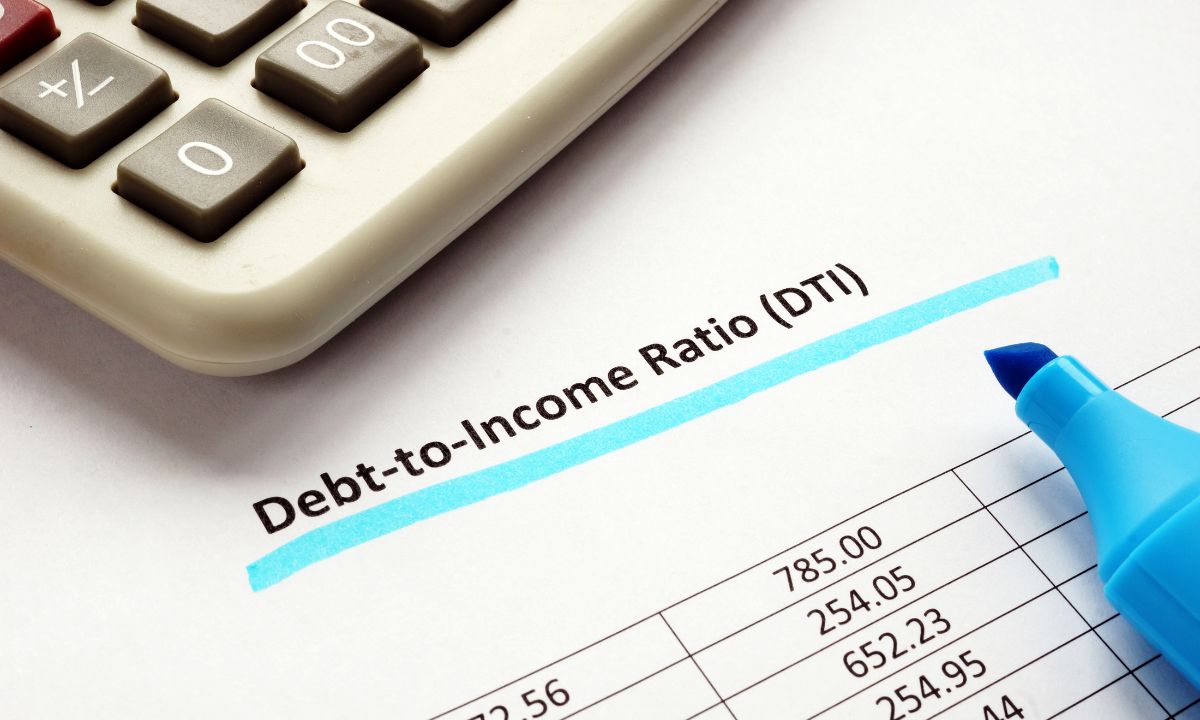Consider an Adjustable-Rate Mortgage If You Plan to Sell Within 5 Years
 Which is better — a fixed-rate mortgage or an adjustable-rate mortgage (ARM)? It’s a common question among home buyers and refinancing households. The answer? It depends.
Which is better — a fixed-rate mortgage or an adjustable-rate mortgage (ARM)? It’s a common question among home buyers and refinancing households. The answer? It depends.
Fixed-rate mortgages offer the certainty of a known, unchanging principal and interest payment for the life of the loan. This stability can aid in budget-setting and financial planning, providing homeowners with a sense of security and peace of mind.
On the other hand, adjustable-rate mortgages do not provide the same level of certainty. After an initial introductory period, the interest rate on the loan adjusts periodically based on prevailing market conditions. While this uncertainty may deter some, ARMs often feature very low initial interest rates compared to fixed-rate loans.
These savings make adjustable-rate mortgages particularly appealing for individuals in specific scenarios:
Short-Term Ownership Plans: If you intend to sell your home within 5 years, opting for a 5-year ARM could be advantageous. The lower initial payments can help maximize your cash flow during the ownership period.
Current Fixed-Rate Mortgage Holders: Homeowners currently financed with a 30-year fixed mortgage who plan to sell within 5 years might find switching to a 5-year ARM beneficial, especially if they’re seeking lower payments.
Comfort with Uncertainty: If you’re comfortable with payment uncertainty over the long term and prioritize lower initial payments, an adjustable-rate mortgage may align well with your financial goals.
Additionally, homeowners with existing ARMs nearing adjustment may consider refinancing into a new ARM to extend the teaser rate period and delay potential payment increases.
However, before committing to an adjustable-rate mortgage, it’s crucial to consult with your loan officer to fully understand how ARMs function and the associated risks, both in the near and long term. While the initial payment savings can be tempting, it’s important to recognize that with an ARM, payment structures are subject to change.
For individuals planning to sell their homes within 5 years or those seeking lower initial payments and are comfortable with payment uncertainty, an adjustable-rate mortgage can be a strategic financial choice. However, thorough research and consultation with financial professionals are essential to ensure that the selected mortgage aligns with your long-term financial objectives.

 When it comes to securing a mortgage for your dream home, there’s a crucial number that can make or break your application: your debt-to-income ratio (DTI). Understanding and managing your DTI is essential for navigating the mortgage approval process smoothly. Let’s delve into what DTI is, why it matters, and how you can calculate it.
When it comes to securing a mortgage for your dream home, there’s a crucial number that can make or break your application: your debt-to-income ratio (DTI). Understanding and managing your DTI is essential for navigating the mortgage approval process smoothly. Let’s delve into what DTI is, why it matters, and how you can calculate it. Undertaking home renovations can be an exciting endeavor, whether you’re looking to enhance your living space, increase property value, or simply modernize your home. However, financing these projects can often pose a significant challenge. While personal loans and refinancing are popular options for funding renovations, it’s important to weigh the advantages and disadvantages before deciding.
Undertaking home renovations can be an exciting endeavor, whether you’re looking to enhance your living space, increase property value, or simply modernize your home. However, financing these projects can often pose a significant challenge. While personal loans and refinancing are popular options for funding renovations, it’s important to weigh the advantages and disadvantages before deciding. What happens when you suddenly get a notice to pay your mortgage to a company you may have never heard of? How do you determine if this is a legitimate request or a scam?
What happens when you suddenly get a notice to pay your mortgage to a company you may have never heard of? How do you determine if this is a legitimate request or a scam? A good originator goes beyond mere transactions, prioritizing long-term relationships and client well-being. Look for originators who communicate proactively, offer empowering resources, provide personalized attention, maintain transparency, engage with the community, and celebrate milestones. By focusing on these qualities, consumers can ensure they partner with an originator who not only facilitates the mortgage process but also serves as a trusted advisor on their homeownership journey.
A good originator goes beyond mere transactions, prioritizing long-term relationships and client well-being. Look for originators who communicate proactively, offer empowering resources, provide personalized attention, maintain transparency, engage with the community, and celebrate milestones. By focusing on these qualities, consumers can ensure they partner with an originator who not only facilitates the mortgage process but also serves as a trusted advisor on their homeownership journey.